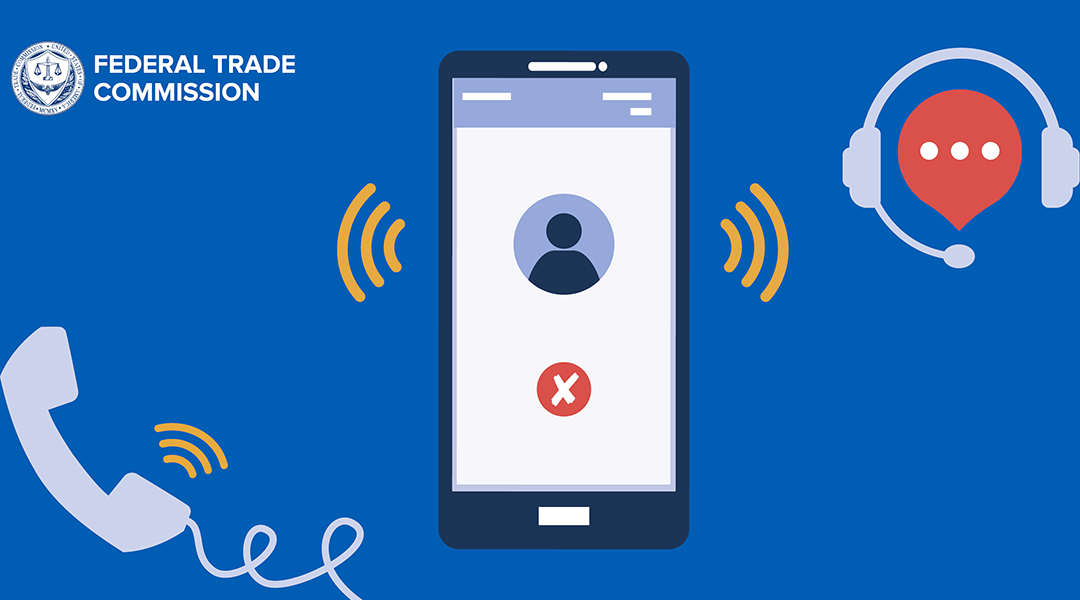… a sheepish admission and lessons learned
A friend recently called a member of the All Net Connect team to sheepishly admit a mistake. (To respect our friend’s privacy, let’s call him “Dick.”) He had received an email, supposedly from Norton, the anti-virus company, informing him that he had been overcharged for his subscription. The email looked real, right down to the Norton logo. The sender asked Dick to “call this number” so the “support team” could help him deposit a refund directly into his bank account.

“I usually delete those,” Dick said. “This time they caught me in a weak moment.”
Dick called the number, and a scammer led him through a series of steps. We’ll leave most of them out, except the important final step. Richard’s bank was closed, so the scammer instructed him to leave his laptop on throughout the night “with the lid up,” until his bank opened in the morning.
Dick’s internal alarm sounded. He hung up and called his son, a computer expert, who who recognized the email as “phishing”—a fraudulent kind of email. Dick quickly called the bank to freeze his account.
Phew! Dick’s account was not breached. But he did lose some time. For example, he had to close his old account and open a new one. That meant phone calls, paperwork, and a couple trips to the bank. That’s a hassle if you’re 93 years old. And before he could return to online banking, Dick had to provide proof his laptop had been swept for malware. So that involved a trip to his local computer store. (All Net Connect could have done it, but Dick lives in another state.. The malware sweep cost him $100.)
The lessons:
- Know your risks. Dick’s age makes him a target.
- Stay informed. Dick gets good grades here. He’s a retired local TV news anchor. He knows things, and he keeps up with the digital revolution. He even has a blog. That’s why his internal alarm sounded. (During his long career, he was known as “the Walter Cronkite of the Chattahoochee Valley.)
- We’re all vulnerable. A few days after the phishing attack on Dick, his All Net friend—who is not 93, but who is pretty old—got an authentic-looking email from “PayPall” alerting him to a pending charge for “$699.00.” It was from a company he’d never heard of. The email asked him to “click this link” to verify the charge. Fortunately, All Net team members get regular training through KnowBe4, so Dick’s friend knew a phishing expedition when he saw one. He independently logged in to PayPal. There was no such charge.
In summary::
Be skeptical. As artificial intelligence gets more intelligent, fakes are getting harder to detect. Beware of any electronic communication that asks you to verify, renew, unsubscribe or collect your refund. It’s the digital wild west out there.

